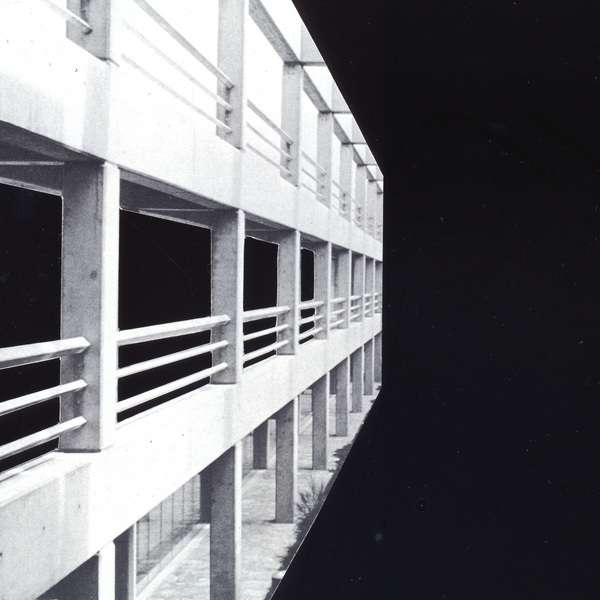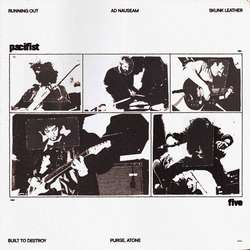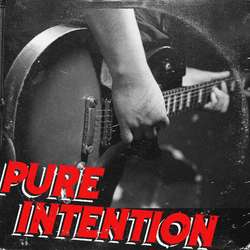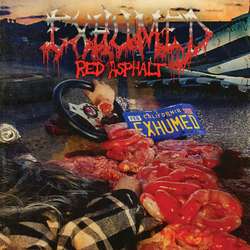Paco Sala is the strange, outsider pop project of producer Anthony Harrison and singer Marie-Pascale Hardy. Having released a series of albums, with their main goal being the tinkering of pop structures and norm, The Silent Season marks their fifth full-length, and is the first of their works to be released through experimental label Denovali.
The production of this record is presented as unusual, to say the least. Various circumstances, brought on by a full tibiofemoral dislocation, led to surgery, heavy drugs, isolation and also a sense of nostalgia for the musical influences and roots. It is all described as a fever dream, something that makes a lot of sense when listening to the result of this process. To add a further level of volatility to the work, the music was recorded in improvised sessions, before finishing touches were put on.
The result is essentially a manifesto of outsider pop, taking elements of popular music, from the '80s to today, turning them on their head and creating something unique and unbalanced with its pieces. The touch of catchy, mainstream is still present, albeit in a state of debris, and the record forces your mind to go down the path of what “that would have been.” Listening to “California” I cannot help but picture the vocal sample, repeating for the first minute, over a heavy 808, adopting a standard electronic music form. “Dance music is not just dance music” is what the lyrics repeat near the end of the track, a statement that, I can only picture it made with a big grin on the artists' faces.
The weapons of achieving these altered states are what you would expect from experimental acts. May it be the big drones in “Su-pont,” and the bursts of noise, or the strange percussion coupled with the disfigured rhythmic patterns, Paco Sala project their outlook to pop music, with means as extreme as the industrial beats through “MS2000R workout nmbr 1,” enacting a dystopian dance recital, where the ethereal vocals are allowed to blossom. It is also a performance that expands the standard instrumentation, being rid of the shackles of normality, dwelling in the strange bell sounds of “Hoisin” to present a futuristic interpretation.
What is constant through The Silent Season is the sensitive haziness that it retains, something that even though is found generally in pop music, it is taken to an extreme here, resulting in completely trippy dropouts, venturing from moments that can range from psychedelia to completely maniacal states, as in “MS2000R workout nmbr 2.” The true tongue-in-cheek comes with the closing track, “Your House,” where Paco Sala essentially present their own, “traditional” pop track, which, funnily enough, is fucking marvelous, and wraps up this work in the most fitting manner.




